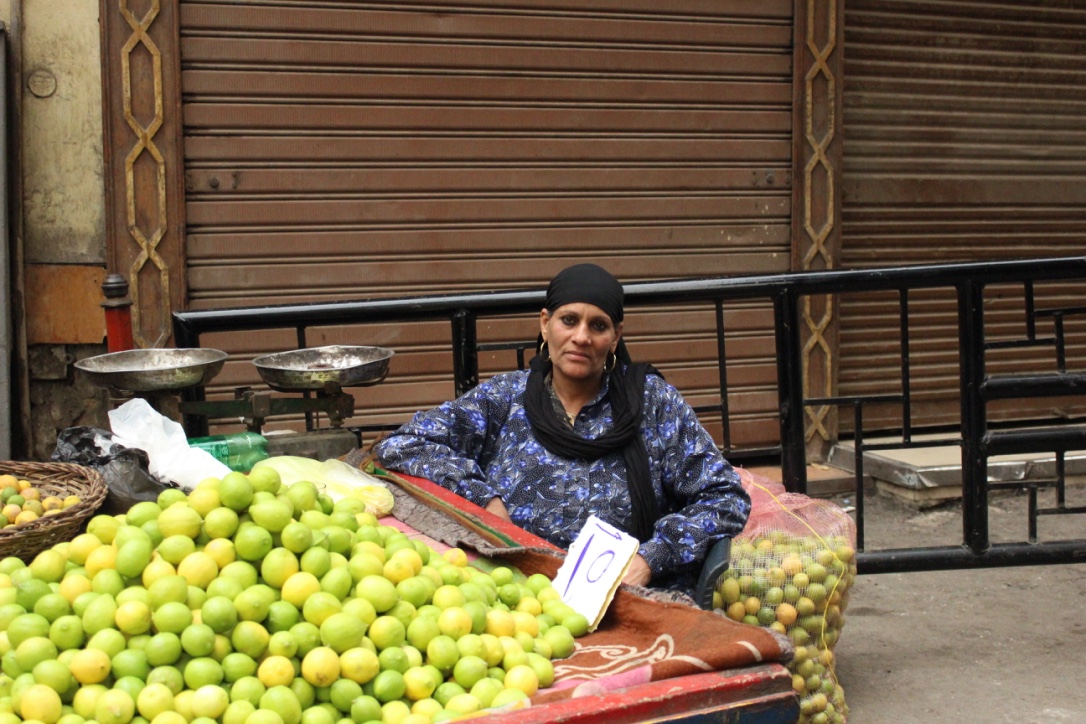Egyptian Women’s Progress Hampered by Lack of Legal Enforcement
By: Ahmed Zada
Follow @ahmedzada12
Societal norms in Egypt have created a quagmire in which women are devalued, even when anti-discrimination laws are put in place, because these are rarely enforced.
With the support of the Finnish Embassy in Egypt, AUC held a forum titled “Women in Egypt – 2017: The Way Forward” as part of its Tahrir Dialogue Series at Oriental Hall to look at the obstacles restricting women’s progress.
Finnish Foreign Minister Timo Sioni kicked off the forum by emphasizing the role of women in society and used his home country as an example to highlight the strength of the Finnish women’s rights movement in having an impact on government.
“The dedication of girls was one of the main reasons behind the prosperity of Finland … Women in Finland now hold most of the political positions and they show success day by day.”
He then moved to the situation in Egypt, where he noted the growing recognition of women’s role in all aspects of life and not just their role as housewives.
“President Sisi always promotes women’s role and this is a good sign in Egypt, since women should be considered policymakers like men as well.”
A national policy was developed in 2015 to combat violence against women, but this lacks enforcement because of the social stigma that attributes blame to the female victim themselves.
Sioni stressed the role of non-governmental organizations (NGOs) in order to improve female agency and to advocate numerous issues, like sexual and gender based violence (SGBV), noting their success in Finland.
“An increase of recruitment of women in terrorist groups was noted lately. This limits their daily life since they are restricted from engaging with their communities. Engaging women in society and daily life must be done to avoid [their] radicalization,” he said.
The NCW is currently drafting a law to eliminate gender-based violence.
“The cost of society increases when violence against women decreases,” said United Nations (UN) Women’s Arab States Regional Director Mohamed Al-Nasiri, referring to women as the ‘seeds’ of a country.
For example, women’s political participation in Yemen and Tunis increased immediately after the Arab Spring.
Tunis also saw the promulgation of new female-friendly inheritance laws and another on discrimination against women as well.
More recently, Saudi Arabia repealed a law that criminalized women from driving.
“Investing in women is a way of investing in society,” Associate Research Professor at Social Research Center Hania Sholokamy said, referring to the need to educate Egypt’s women.
However, Al-Nasiri also pointed out that in the Arab World only 21 percent of women participate in the workforce as opposed to the global rating of more than 50 percent.
Abol-Komsan made further reference to the Nigerian experience which centered on the active representation of women in particular.
“The Nigerian Minister of Finance changed the regulation of recruitment law by balancing between the participation of men and women in the workforce; Nigeria then experienced improvement in many of its sectors.”
“There are no women in high positions, be it ministers of university presidents. There are only 2 or 3 female ministers, which isn’t a fair number,” Abol-Kosman said.
This stems from a lack of proper education, which is more likely to affect women than men.
The current female illiteracy rate stands at about 30.8 percent, but Sholokamy added that this can only be reduced through the work of both civil society and the government.
“What’s not improving is the agency of women, since they lack the ability to claim their rights because of a weak civil society,” Sholokomy said.
The largest challenge however, stems from the exclusion of men from issues of gender equality in what she refers to as “a crisis in masculinity.”
“I honestly believe our most important challenge is to re-imagine what equality is. We need to [direct] our imagination to the future. Education that won’t lead to welfare isn’t equality. We need education that would let us compete globally,” said Sholkamy when discussing barriers facing Egyptian women.
An audience member, however, challenged Abol-Kosam regarding the lack of women’s role in policymaking saying that men are the ones who are being discriminated against in Egypt and women are the ones who are recently in control of higher positions.
“I’m giving statistics, and I’m talking according to it. I’m talking about the gap in the entities and the absence of law enforcement concerning violence against women,” Abol-Kosom said.




